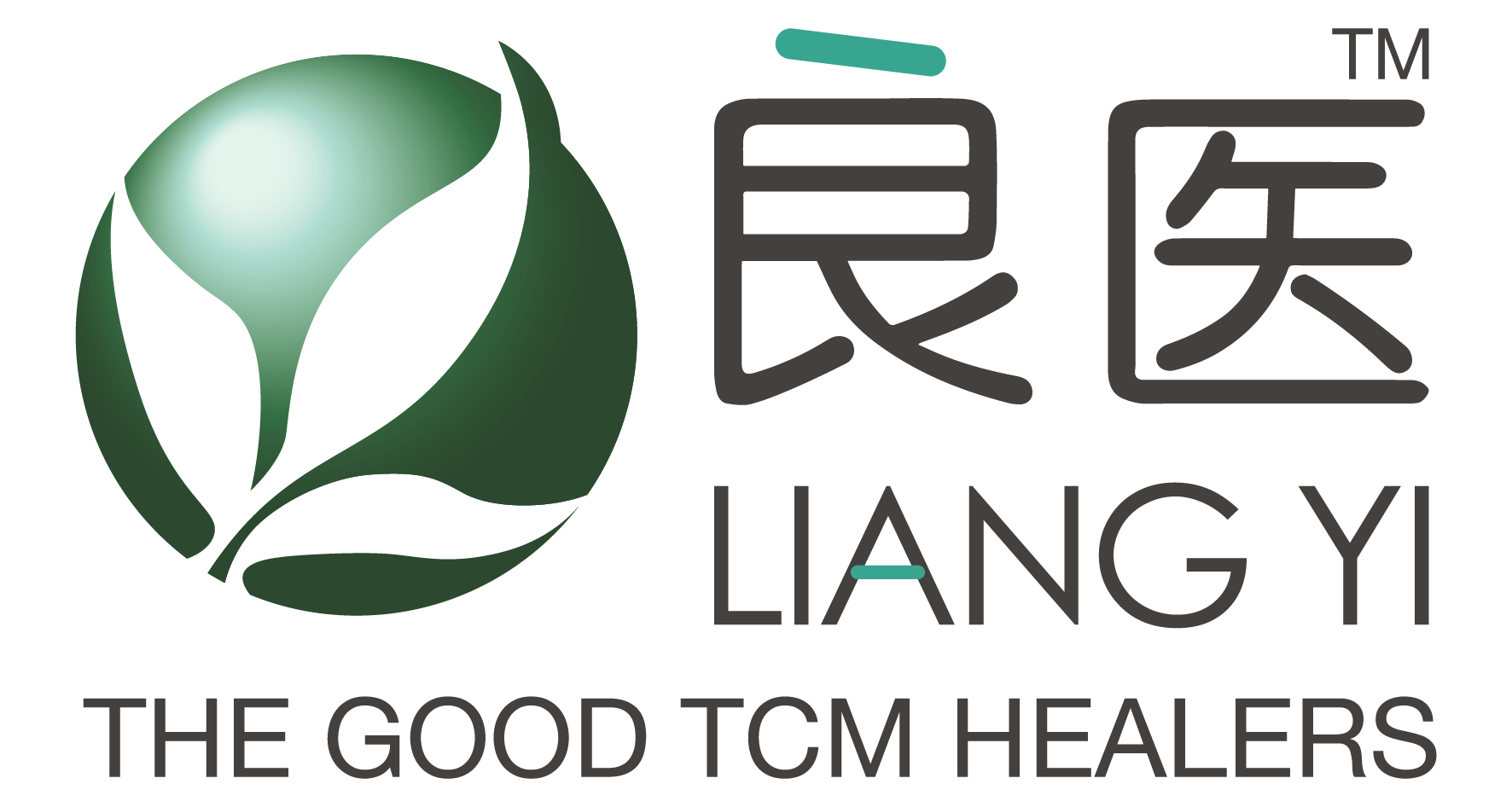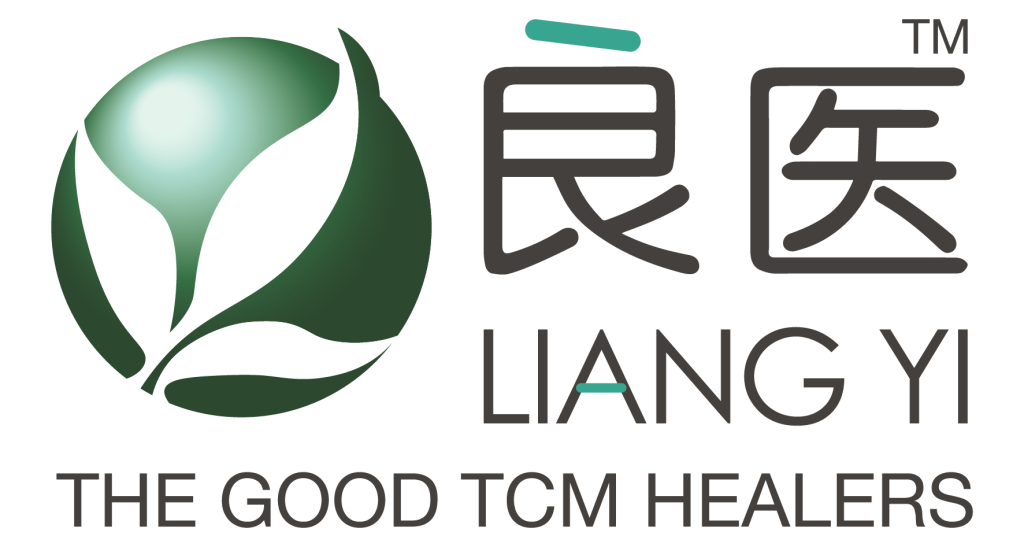What is insomnia?
Insomnia can be described as the inability to initially drift off into slumber, frequent awakenings throughout the night, or the frustrating experience of waking up too early and unable to return to sleep. It also leaves you feeling tired and irritable during the day and can affect your concentration, mood, and overall health.
Different types of insomnia
Primary Insomnia
Primary insomnia refers to sleep problems that are not directly associated with any other health condition or problem. This type of insomnia is often related to stress, poor sleep habits, or environmental factors.
Secondary Insomnia
Secondary insomnia, on the other hand, is insomnia that occurs as a result of underlying health conditions, such as asthma, depression or medication side effects.
Causes and contributing factors of insomnia
Insomnia can be caused by a variety of internal or external conditions. One of these can be stress and anxiety, due to the stressors in our everyday lives. When your mind is constantly filled with racing thoughts and worries, it can be difficult to unwind and fall asleep. Even if you manage to drift off, it can lead to disrupted sleep patterns, leaving you feeling unrested in the morning.
Another potential cause of insomnia can be poor sleeping habits. This can take the form of inconsistent bedtime routines, and engaging in stimulating activities, like watching TV or using electronic devices, right before bed. These can disrupt your body’s natural sleep-wake cycle, making it harder to fall and stay asleep.
Furthermore, certain medical conditions can play a role in the development of insomnia. For example, chronic pain conditions, such as arthritis or migraines, can make it difficult to get comfortable enough to remain asleep throughout the night. Similarly, respiratory conditions like asthma or allergies can cause nighttime symptoms, such as coughing or congestion, that interfere with getting enough rest.
Finally, environmental factors can impact your ability to sleep too. A noisy or uncomfortable bedroom and excessive exposure to bright lights or electronic screens can all make it difficult to relax. These external factors can create distractions that prevent you from entering into a deep and restorative sleep.
What are the approaches in Traditional Chinese Medicine to insomnia?
What is the concept of sleep in TCM?
In TCM, sleep is not just for restoring energy, but is also considered a vital physiological process that nourishes and restores the body’s essential components of:
Yin and Yang
Sleep is part of the natural rhythm of Yin and Yang with TCM aiming to promote a balance between them. Yin represents the passive, cooling, and restorative aspect of the body, which is associated with nighttime, relaxation, and inward-looking activities. It is replenished through deep sleep, and depletion can lead to difficulty falling and staying asleep.
As night transitions into day, Yin will subside and allow Yang energy to flourish. It is tied to the active, warming, and stimulating aspects of the body associated with daytime, activity, and outward expression. Yang is replenished through waking activities and is essential for energy and vitality.
Qi
The smooth flow of Qi throughout your body is important in promoting overall health and well-being. While we sleep, it restores balance and harmony within the body. Insomnia can disrupt this flow, leading to stagnation or imbalance of Qi. This can affect the various organs and throw the elements in them out of balance, leading to either deficiencies or excess
promote a balance between them. Yin represents the passive, cooling, and restorative aspect of the body, which is associated with nighttime, relaxation, and inward-looking activities. It is replenished through deep sleep, and depletion can lead to difficulty falling and staying asleep.
As night transitions into day, Yin will subside and allow Yang energy to flourish. It is tied to the active, warming, and stimulating aspects of the body associated with daytime, activity, and outward expression. Yang is replenished through waking activities and is essential for energy and vitality.
Shen
Shen can be translated to “spirit” and is said to be housed in the heart. When it is unsettled or agitated, it can manifest as symptoms of anxiety, restlessness, or insomnia. This can be caused by an excess of heat, Yin deficiency, and repressed negative emotions.

How can acupuncture be used to aid with insomnia?
Acupuncture is believed to aid in insomnia by addressing the underlying imbalances that contribute to insomnia. This treatment can influence sleep by:
May improve the production of melatonin
Acupuncture may improve the production of melatonin, a hormone which regulates day and night cycles. As a result, it can lead to a better quality of sleep, which can be beneficial for those with insomnia as it can help them establish a more regular and restful sleep pattern.
Relieving pain
From arthritis to migraines, the presence of pain can make it difficult to fall and stay asleep throughout the night. Acupuncture is believed to help relieve pain by stimulating the release of endorphins, which are natural painkillers produced by the body. By targeting specific acupuncture points associated with pain relief, this treatment may help reduce discomfort and promote relaxation, making it easier to drift off into a peaceful slumber.
Reducing stress and anxiety
Stress and anxiety are common contributors to insomnia. Acupuncture is believed to stimulate the nervous system, triggering the release of endorphins and other neurotransmitters that promote relaxation. By calming the mind and body, this treatment can make falling asleep an easier task.
What are the acupuncture points involved?
Your TCM practitioner will select acupuncture points based on your constitution and condition, some of the common ones may include:
An Mian
The name of this point can be translated to “peaceful sleep”, suggesting that it affects sleep. It can be found half an inch from behind your earlobes where you can feel a small depression. Stimulating it is believed to help calm the mind, alleviate insomnia, and promote restful sleep.
Sanyinjiao
Sanyinjiao is said to nourish the Yin energy, and aid in the management of insomnia. It is located on the inner leg, about four finger-widths above the ankle bone. This point is believed to be associated with calming and restorative functions in the body which can promote relaxation.
Yin Tang
Yin Tang can be found in the centre of the eyebrows, just above the nose. In addition to insomnia, it has also been used to ease headaches and nasal congestion.
Feng Chi
Also known as Gallbladder 20 (GB20), is an acupuncture point located at the base of the skull, in the hollow between the two large, vertical neck muscles. It is thought to ease anxiety and release tension from your body which can be beneficial for improving sleep quality.

Are you interested in acupuncture for insomnia?
Insomnia can cause our days to be filled with lethargy, as we are not able to have enough rest the night before. At Liang Yi TCM, we provide acupuncture that can be tailored to your condition as we aim to restore healthy sleep patterns as well as improve overall well-being. If you are interested in learning more, contact us today and we will be in touch soon.

